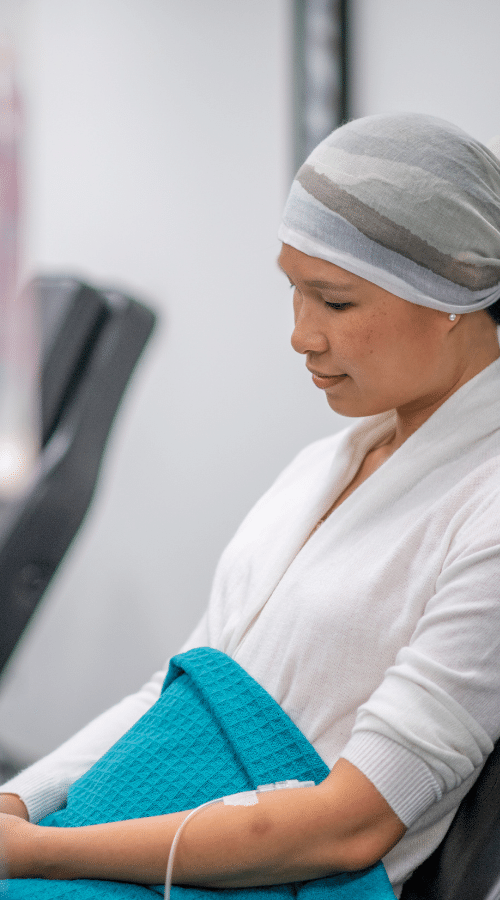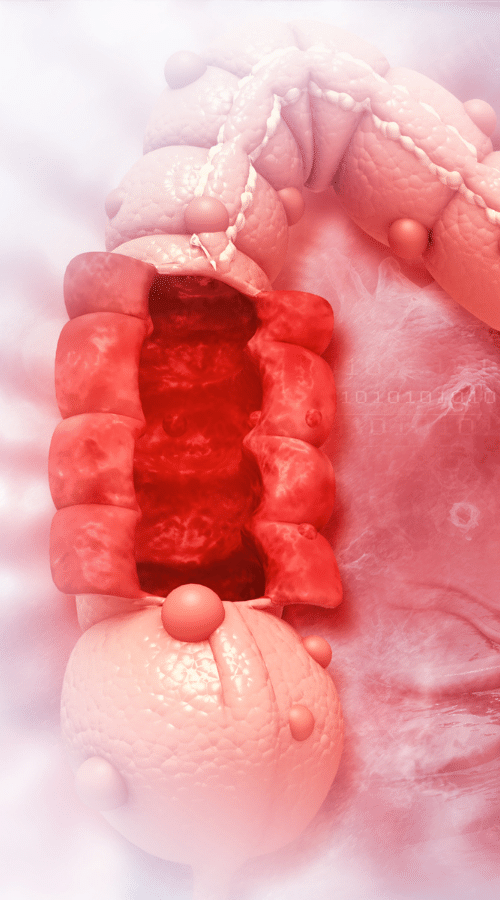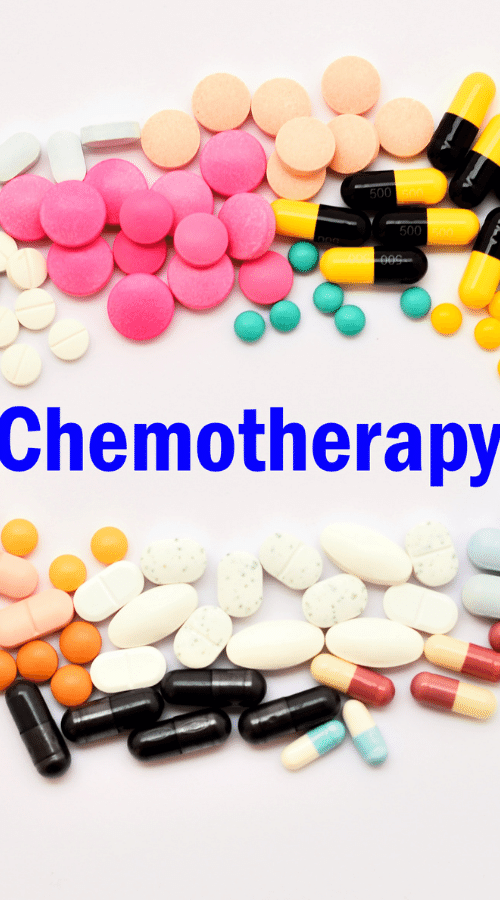
Oncology is the branch of medicine that deals with the diagnosis, treatment and follow-up of cancer diseases. Oncological diseases are diseases caused by tumors that occur as a result of uncontrolled growth and division of normal cells. These tumors can metastasize by spreading to surrounding tissues and organs.
Oncology deals with the causes of cancer, risk factors, prevention methods, early detection and diagnosis, treatment options, side effects, quality of life and follow-up. Oncologists use various treatment methods such as chemotherapy, radiotherapy, surgical intervention, immunotherapy, targeted therapy, which are necessary for the treatment of cancer patients. Oncology is a branch of medicine that is constantly making progress in the treatment of cancer diseases and aims to increase the survival rate of cancer patients.
What are the most common types of cancer?
Cancer is a disease that can develop in many different organs and tissues, and there are many different types of cancer. The most common types of cancer are:
- Breast cancer
- Prostate cancer
- Lung cancer
- Colon cancer
- Gastric cancer
- Pancreatic cancer
- Lymphoma
- Malignant melanoma (skin cancer)
- Ovarian cancer
- Bladder cancer
These cancer types are the most common types of cancer worldwide. However, it is essential to consult a healthcare professional before diagnosing any cancer.
What are oncological treatments?
Oncological treatments are different treatment methods used to control or destroy the growth of cancer cells. The treatment method to be used is determined depending on factors such as the type of cancer, its stage, location, age of the patient and general health status. Here are some of the oncological treatments:
- Surgical treatment: It is the surgical removal of cancerous tissue. Surgery can be done in different ways, depending on the type, location and stage of the cancer.
- Radiotherapy: The use of high-energy rays to destroy cancer cells or help stop their growth.
- Chemotherapy: It is a treatment method that tries to kill cancer cells or stop their growth through drugs.
- Hormonal therapy: It is a treatment method by changing the hormonal balance to control the growth of cancer.
- Targeted therapy: The use of drugs that target targets specific to the characteristics of cancer cells.
- Immunotherapy: It is a treatment method used to increase the immune system cells’ ability to recognize and destroy cancer cells.
These treatments can be used alone or in combination. Oncological treatments can yield different results depending on the type and stage of the cancer. The side effects of the treatments may also differ, and the patient and his family should be informed about this before the treatment.
What are the points to be considered while applying oncological treatments?
Some points to be considered during the application of oncological treatments are as follows:
- Understanding the treatment plan: It is important for patients to understand their treatment plan and be informed about how long treatment will take.
- Monitoring for side effects: Most cancer treatments can have a serious impact on patients because of their side effects. Therefore, it is important for patients to monitor and report side effects during treatment.
- Nutrition: Nutrition is very important during cancer treatments. Medications or radiotherapy can affect your food intake, and patients may need to get enough nutrients to maintain their strength.
- Correct use of drugs: It is important to use the drugs used during cancer treatment in the right dose, at the right time and in the right way.
- Communication with the doctor: During treatment, it is important for patients to have open communication with their doctor and to report any problems or concerns to their doctor.
- Personal care: Personal hygiene is of great importance during cancer treatment. Personal care habits such as hand washing, tooth brushing and regular bathing are important to reduce the risk of infection.
- Follow-up: Regular follow-up is important after cancer treatment is completed. Routine post-treatment screening can ensure relapse of disease or early detection of post-treatment complications.


















